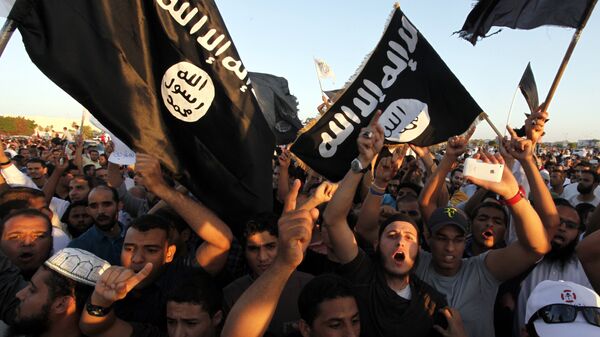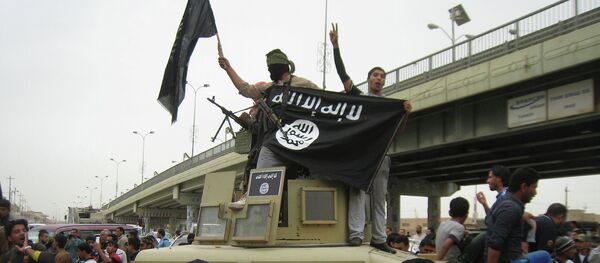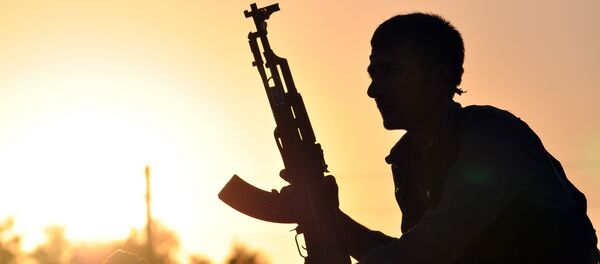According to the Swedish researchers, almost all great conflicts since 2006 have been classified as jihadism, the Swedish newspaper Dagens Nyheter wrote. Daesh has been the focus of the media coverage of violent Islamism ever since the terrorists spectacular advance in Iraq and Syria a couple of years ago. Although the jihadism category is still largely dominated by the war in Syria, Daesh proper is no longer the biggest player, as a constellation of Islamic groups has been mushrooming worldwide.
Of late, Daesh has opened "subdivisions" in countries such as Libya and Lebanon. At the same time, previously independent jihadists have been joining in, the most infamous being the Nigerian Boko Haram, which last year pledged allegiance to the "caliphate" in the Middle East.
Despite jihadism bearing clear links to Islam, the connection is not as obvious, as India and Indonesia, the two countries with the world's largest Muslim population, are still strictly-speaking free from the violent manifestations of Islamism. Radical Islam is strangely absent in Southeast Asia, which is home to a number of Muslim groups. In the early 2000s, analysts believed the region would turn into a hotbed of terrorism, yet the hypothesis has since been put to shame.
Remarkably, most of the sub-Saharan Africa, which was previously tormented by decade-long liberation wars, is peaceful today, as is East Asia, which between 1946 and 1979 stood for 80 percent of the world's war deaths. Today, the percentage amounts to only 4 percent.
Lastly the survey pointed out a change in the nature of conflicts. Since WWII, civil war became the "normal" form of conflict. Today, the borders between armed conflicts, terrorism or even organized crime have been erased.





